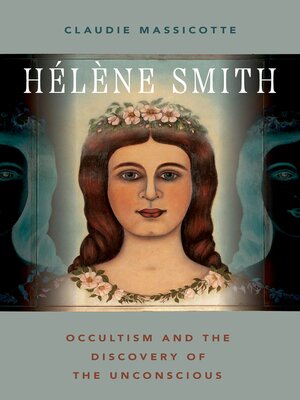Hélène Smith
ebook ∣ Occultism and the Discovery of the Unconscious · Oxford Studies in Western Esotericism
By Claudie Massicotte

Sign up to save your library
With an OverDrive account, you can save your favorite libraries for at-a-glance information about availability. Find out more about OverDrive accounts.
Find this title in Libby, the library reading app by OverDrive.



Search for a digital library with this title
Title found at these libraries:
| Library Name | Distance |
|---|---|
| Loading... |







